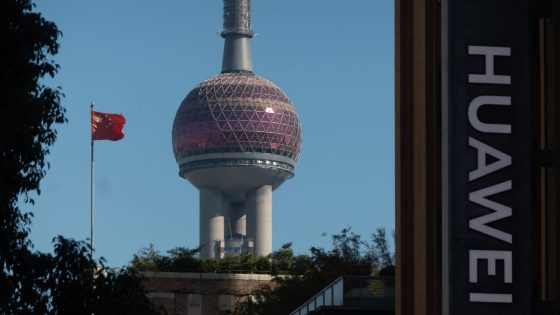The recent decision to lower tariffs on Chinese imports has sent ripples through global markets, particularly impacting supply chains. On May 13, 2025, President Trump announced a reduction from a staggering 145 percent to 30 percent, prompting swift action from executives like Jay Foreman of Basic Fun.
- Jay Foreman halted shipments to avoid tariffs.
- Trump lowered tariffs on Chinese imports.
- Urgent shipping requests from toy executives.
- Supply chain disruptions due to tariff changes.
- Potential for increased imports in 90 days.
- Importers may delay orders for better rates.
Foreman, who had halted shipments from China to avoid hefty tariffs, immediately contacted suppliers to resume shipping. This move could signal a significant shift in the flow of goods into the united states, potentially alleviating some supply chain pressures.
As businesses prepare for increased imports, questions arise about the long-term implications of fluctuating tariff policies. Will companies adapt quickly enough to avoid further disruptions?
This development raises important questions about the stability of international trade. As tariffs fluctuate, companies face uncertainty that could hinder their operational strategies across regions.
- Executives may delay orders, anticipating further tariff reductions.
- Logistics firms could experience increased demand as shipments resume.
- Global markets may react positively to improved trade relations.
- Supply chain disruptions could continue if tariff policies remain unpredictable.
Looking ahead, businesses must remain agile to navigate the evolving landscape of global trade, ensuring they can capitalize on opportunities while mitigating risks.































